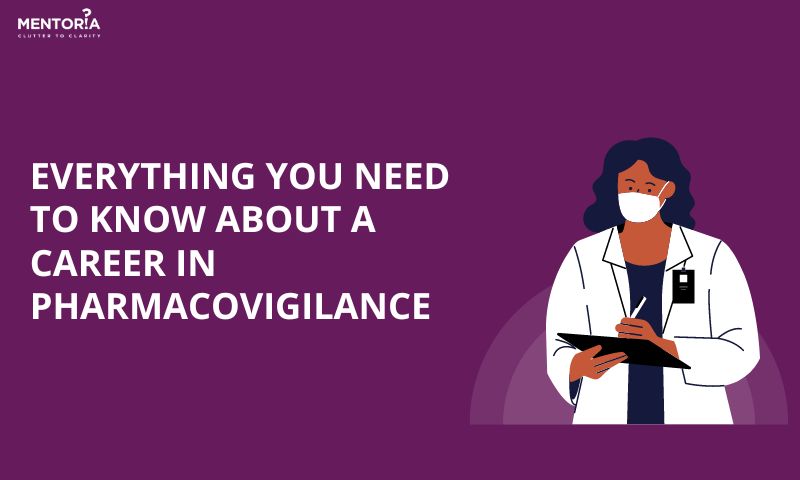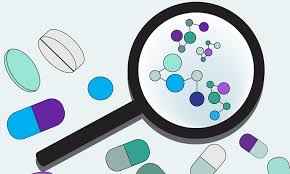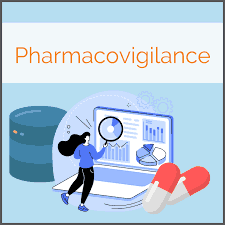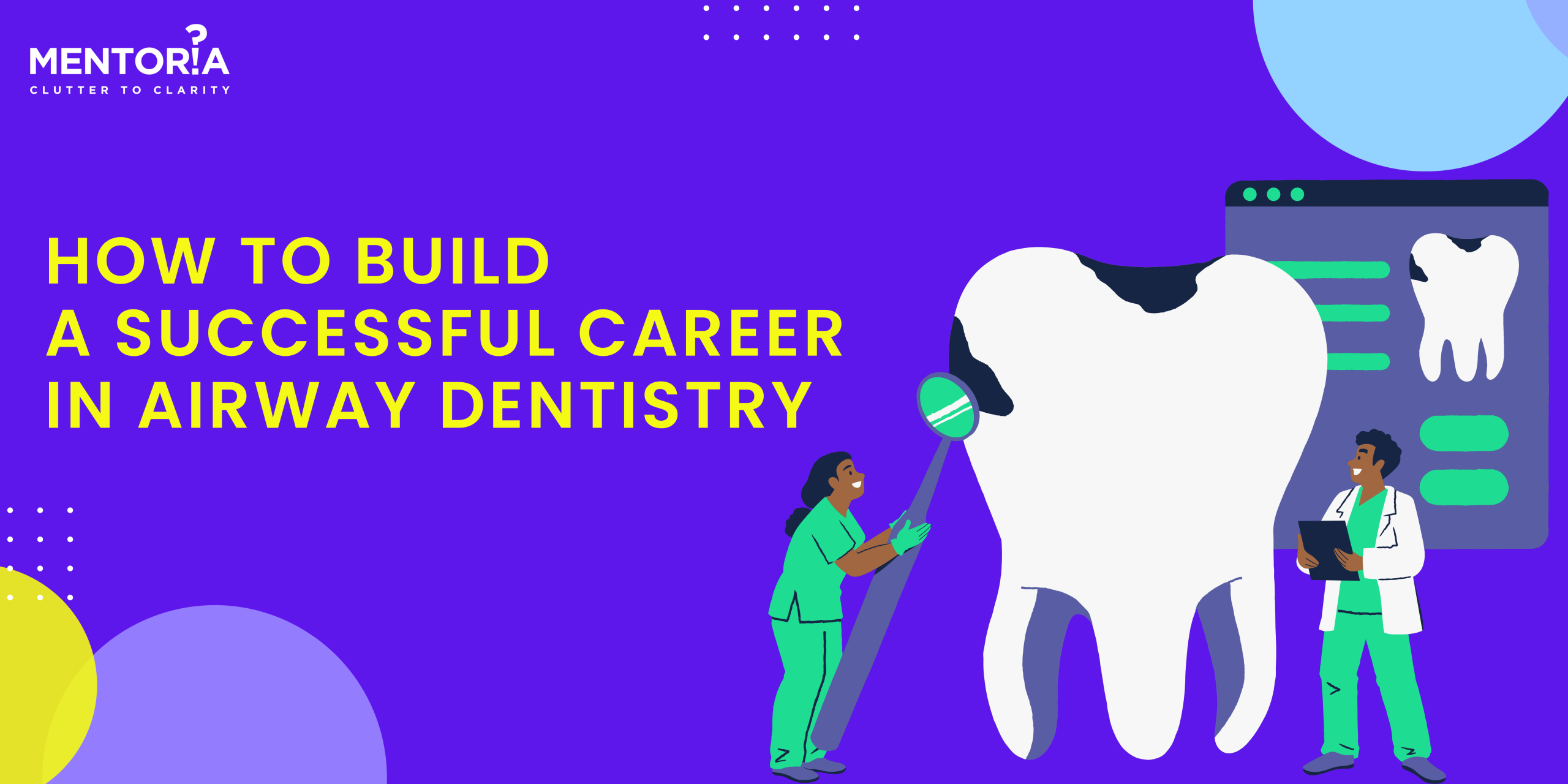Everything You Need To Know About A Career In Pharmacovigilance

If you’ve ever wondered about a career that blends science, detective work, and the chance to make a real difference in people’s lives, a career in pharmacovigilance might just be your calling. This field is all about ensuring that medicines are safe and effective for everyone. Let’s explore everything you need to know about a career in pharmacovigilance, from job roles and skills to education pathways and potential earnings.
Here’s All You Need To Know About Pharmacovigilance
What Is Pharmacovigilance?
Pharmacovigilance, often abbreviated as PV, is the science and activities involved in detecting, assessing, understanding, and preventing adverse effects or any other drug-related problems. Essentially, it’s the safety net for medications, ensuring they’re not only effective but also safe for public use. Pharmacovigilance professionals work tirelessly to monitor the effects of pharmaceutical products, ensuring that any potential risks are identified and managed appropriately.
- Detection and Reporting: Identify and report adverse drug reactions (ADRs).
- Risk Management: Develop strategies to minimise risks associated with drug use.
- Regulatory Compliance: Ensure compliance with national and international regulations.
The Daily Life Of A Pharmacovigilance Professional
A typical day in the life of a pharmacovigilance professional can be quite dynamic. From reviewing event reports to conducting risk assessments, no two days are the same. These professionals work closely with healthcare providers, regulatory authorities, and pharmaceutical companies to ensure patient safety.
Key Activities:
- Case Processing: Collecting and evaluating data on adverse drug reactions.
- Signal Detection: Identifying new risks associated with medications.
- Periodic Safety Reports: Preparing reports for regulatory bodies.
Education And Training Pathways
So, how do you get started in this exciting field?
A strong foundation in life sciences, pharmacy, or medicine is essential. Many universities and institutions offer specialised courses in pharmacovigilance. The WHO UMC (World Health Organisation Uppsala Monitoring Centre) offers a highly regarded pharmacovigilance course that’s gaining popularity.
Recommended Courses:
- WHO UMC Pharmacovigilance Course: Comprehensive training on PV principles and practices.
- Diploma in Pharmacovigilance: Offered by various universities, providing in-depth knowledge.
- Online Certificates: Flexible learning options from platforms like Coursera and Udemy.
Essential Skills For Success
To thrive in pharmacovigilance, you’ll need a mix of scientific knowledge and soft skills. Being detail-oriented and having strong analytical abilities are crucial, as you’ll be dealing with complex data. Good communication skills are also essential since you’ll need to convey your findings to different stakeholders clearly.
Must-Have Skills:
- Attention to Detail: Crucial for identifying and assessing adverse drug reactions.
- Analytical Skills: Necessary for data analysis and risk assessment.
- Communication: Key for reporting findings and collaborating with teams.
Career Opportunities And Growth
Pharmacovigilance offers a range of career paths. You can start as a Drug Safety Associate and progress to roles such as Pharmacovigilance Manager, Risk Management Specialist, or even Director of Drug Safety. The demand for skilled pharmacovigilance professionals is rising, with job opportunities available in pharmaceutical companies, contract research organisations (CROs), and regulatory bodies.
Career Ladder:
- Entry Level: Drug Safety Associate (INR 4-6 lakhs per annum)
- Mid-Level: Pharmacovigilance Specialist (INR 6-10 lakhs per annum)
- Senior Level: PV Manager/Director (INR 10-20 lakhs per annum).
The Future Of Pharmacovigilance
The future of pharmacovigilance looks bright, with increasing emphasis on patient safety and regulatory requirements. According to a 2023 report from the Indian Journal of Pharmacology, the demand for pharmacovigilance professionals in India is expected to grow by 15% annually. As new drugs continue to enter the market, the need for vigilant monitoring and safety assessment will only increase.
Industry Trends:
- Growing Demand: 15% annual growth in demand for PV professionals (Indian Journal of Pharmacology).
- Technological Advancements: Increased use of AI and machine learning in PV processes.
- Global Opportunities: Expansion of PV roles in international markets.
Why Choose Pharmacovigilance?
Choosing a career in pharmacovigilance means contributing to the safety and well-being of patients worldwide. It’s a field that combines scientific curiosity with a strong sense of responsibility. Plus, with the growing emphasis on drug safety, there’s never been a better time to enter this rewarding profession.
Top Reasons to Choose PV:
- Impact: Directly contribute to patient safety.
- Growth: High demand and career advancement opportunities.
- Diversity: Work in various settings, from pharmaceuticals to regulatory bodies.
Getting Started
A career in pharmacovigilance is a chance to make a meaningful impact on public health. With the right education, skills, and support from platforms you can get a rewarding journey in this field. So, are you ready to be the watchdog of the pharmaceutical world and ensure the safety of medications for all?
If you’re excited about a career in pharmacovigilance, Mentoria can help you get started. We offer tailored guidance and resources to help you navigate your career path. From selecting the right courses to landing your dream job, Mentoria is your go-to partner for success in pharmacovigilance.









